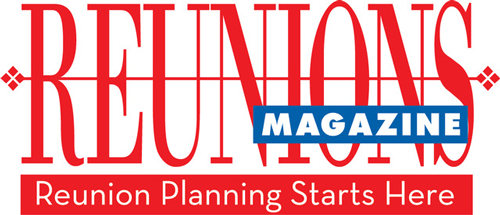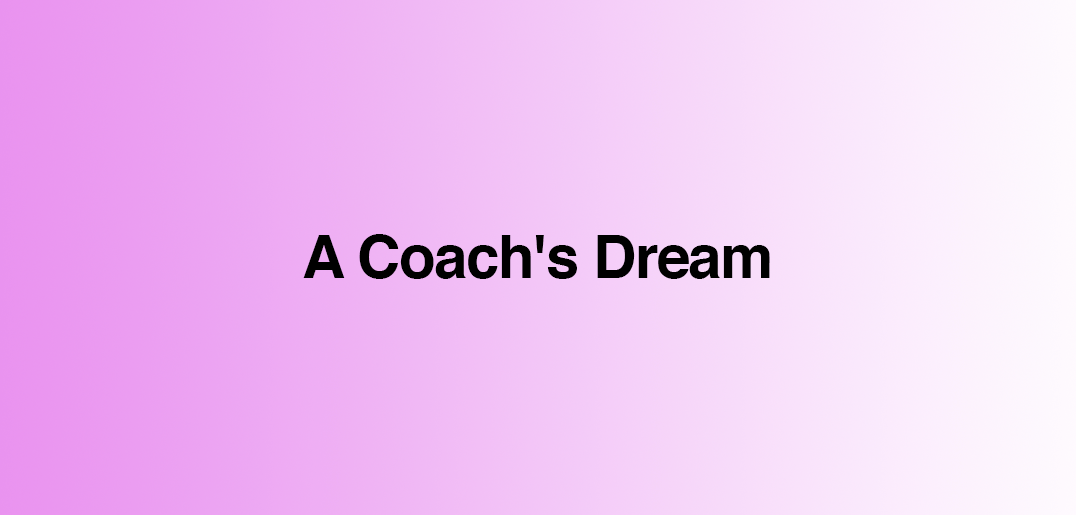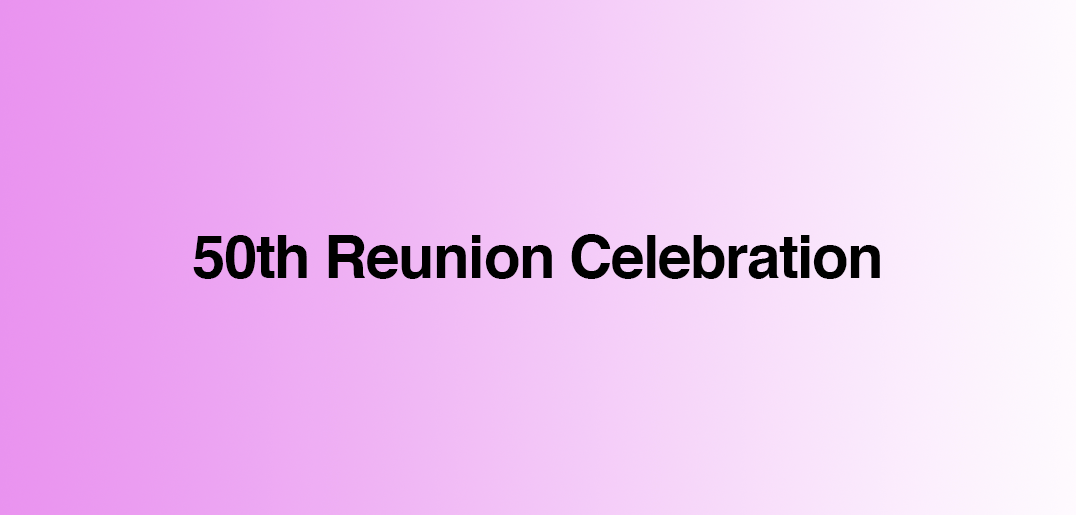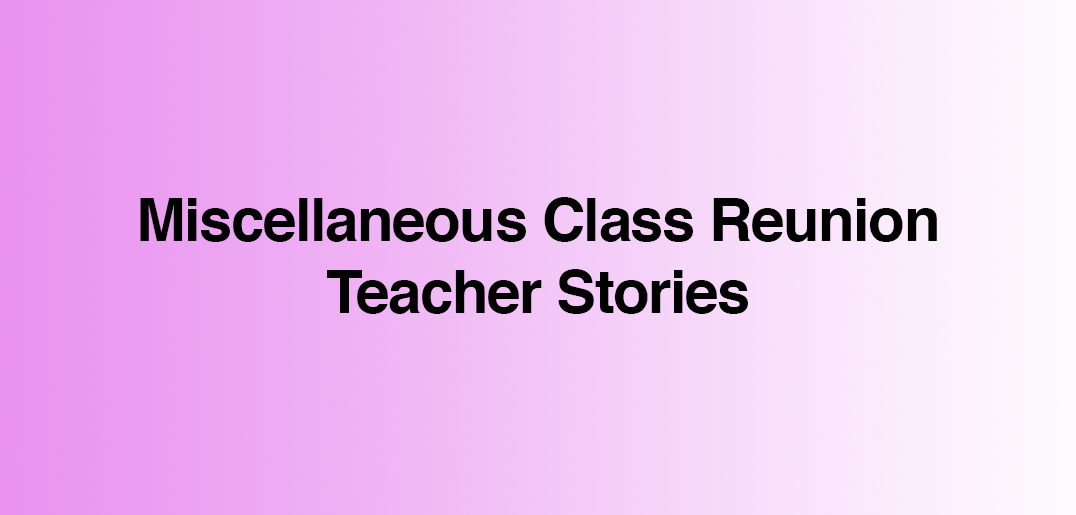by Shula Hirsch
My debate and speech club reunion was a special occasion. For my 75th birthday my family and former club president decided we should gather my debate club members for a reunion. How does one begin when 20 to 30 years have passed, girls have married and changed their names and the kids were scattered throughout the country? It took months of planning, researching and hard work, but the results were well worth the effort. Last summer, 60 of my former students met in a Long Island, New York, Chinese restaurant and spent a delightful afternoon reminiscing and sharing accomplishments while being transported back to high school days.
How do you find people? For starters, I called several students with whom I’d remained in contact throughout the years, asking for addresses of other members. I placed an announcement on my high school alumni web page; this part was easy and produced some addresses. I went through the local phone book, looking for family names to see if parents still lived in the neighborhood; this provided a few additional leads, though many had moved. On to Google where several former debaters’ biographies were listed. Next, I created a flyer and sent it to everyone on the list, asking for their interest in a reunion and for married names of classmates as well as colleges they attended or even their professions. I also requested biographical material. An attorney was able to locate several attorneys and my physician helped with a catalogue of doctors around the country. I contacted college alumni clubs and, though they would not give me addresses, they did forward my flyers, bringing more results.
I found a Mark Lapy in Manhattan and called. His daughter confirmed this was her dad’s name, but he never went to our high school and never debated, but she asked, “Could we come anyway?” Then there was Sarah Leeds, whose married name escaped me. I tried five Leeds in New York phone books and finally landed one who said his aunt might be helpful, but she was on vacation. I called back and she directed me to Sarah’s mother, now living in Florida, who in turn gave me Sarah’s New Jersey phone number.
As people arrived, they were given their name badges, bearing their pictures which I had xeroxed from the yearbook. Students wrote messages in a sign-in book. I had copied pictures from local newspapers and my personal collection and made a large poster so debaters saw themselves and their colleagues from many years ago.
During a cocktail hour there was kissing, hugging and warm conversation in small groups. Sixty attended, some traveling from California, Florida, Boston, Chicago and Washington, DC. In fact, one planned to attend from London, but couldn’t at the last minute.
In the main hall students were seated according to the years in which they debated. Inexpensive trophies, reminiscent of awards debaters received when they won tournaments before, were used as centerpieces. We bought chocolate bars wrapped with names of attendees and placed them at each setting.
The highlight was a video my daughter and I prepared. We went back to the school, filmed the room where we practiced as well as our old trophy case. We added yearbook and scrapbook pictures of debate events so students saw themselves on film as they looked during high school. We put all this to background music (Those Were the Days, The Impossible Dream, We are the Champions and others) and had a community sing of a song I wrote chronicling debate activities of years gone by. We passed the microphone around, asking each student to recall a special incident while on the debate team. An attorney said, “If not for the debate team, I would probably be sweeping streets instead of debating in court.” Another said, “I use my debate skills to debate my seven-year-old son and haven’t lost a debate yet.” We read warm letters from those unable to attend. We arranged a trivia quiz and a miniature debate with brothers debating two other brothers on the topic, “Younger brothers are smarter than older brothers.” I passed around memorabilia including their original debate research cards, as well as letters some had sent while they were in college. Finally, before they left, I gave each a booklet I’d compiled with their pictures as high school students next to their current ones, their biographies (taken from RSVPs and/or Google), their addresses and phone numbers.
Yes, there was a lot of work, but nevertheless, it was so rewarding that I highly recommend a reunion for any advisor of a sports group, orchestra, or any club in or out of school. It was sad parting, but the memories will linger for many years. In fact, I have already begun to think about the next reunion.
About the author
Shula Hirsch, Bellmore, New York, is a retired teacher and debate coach as well as a free-lance writer.





